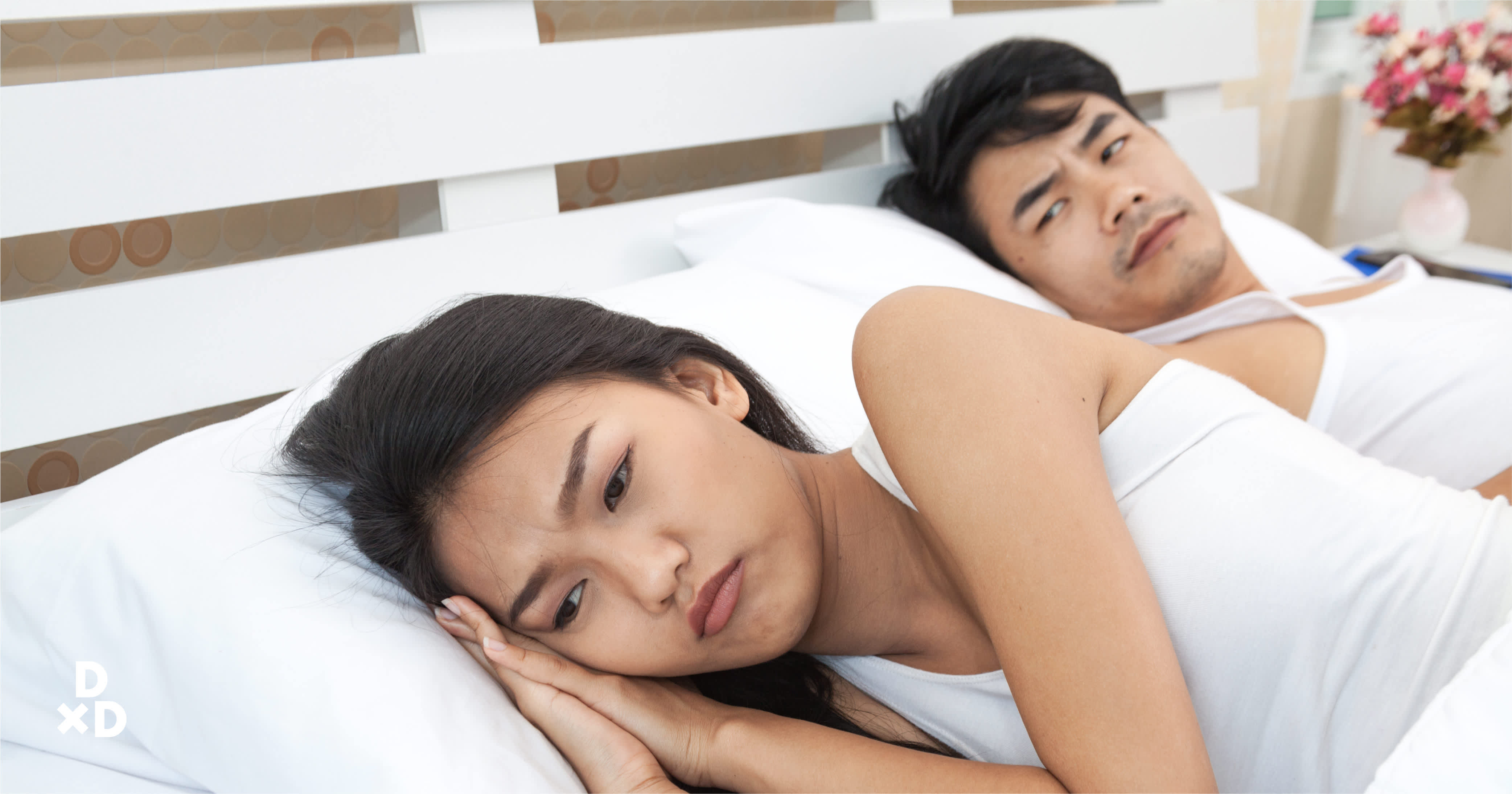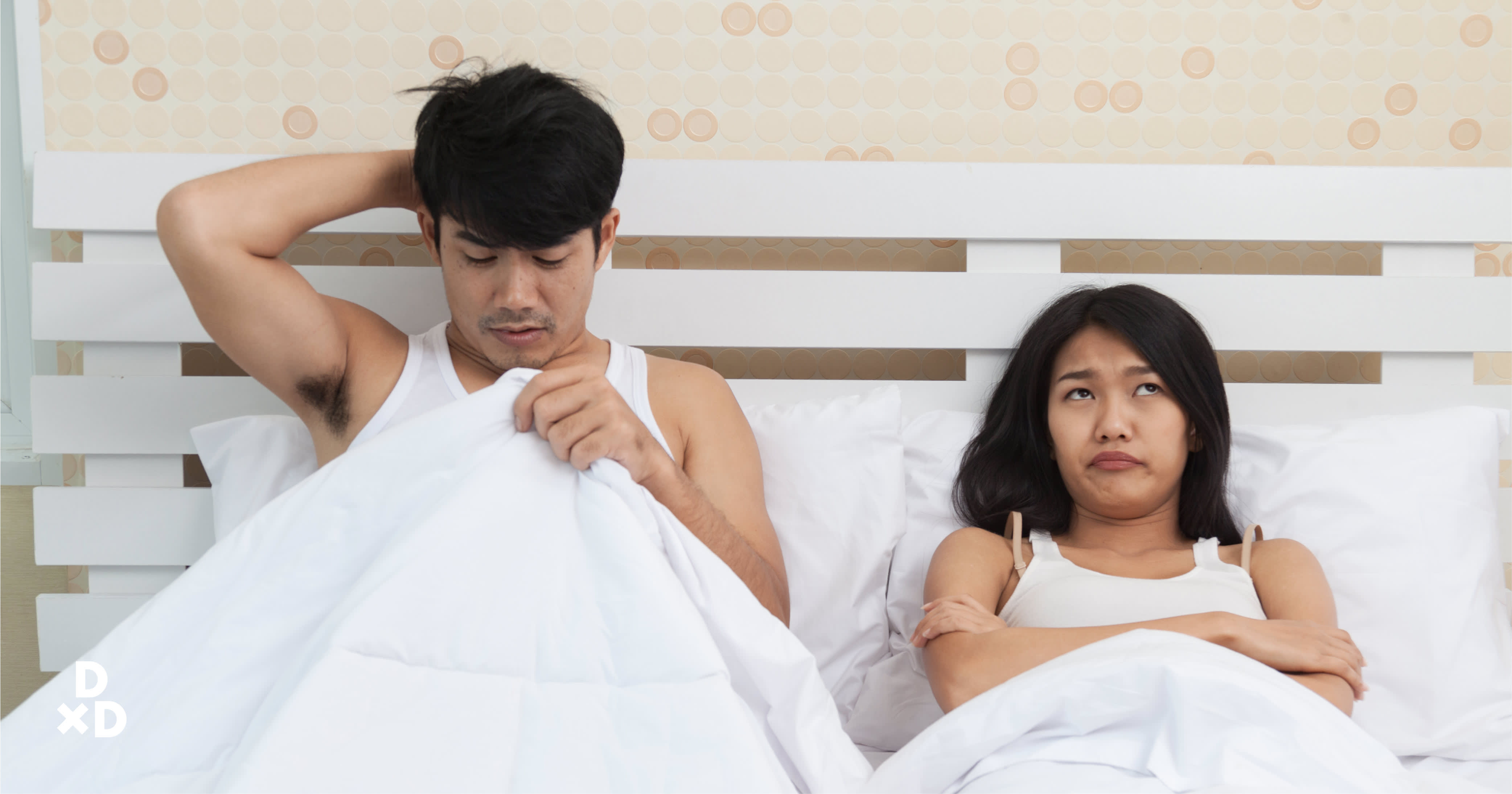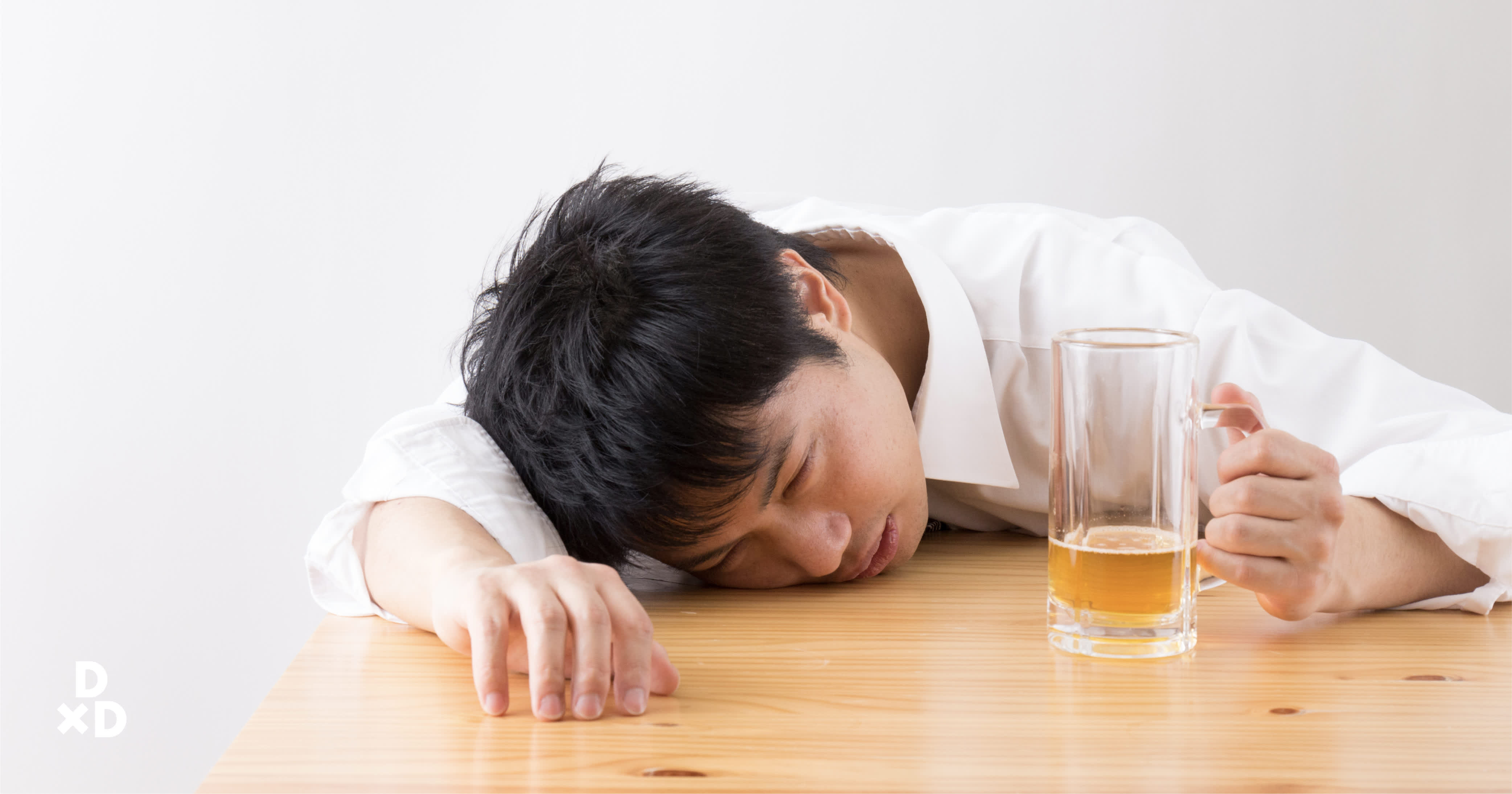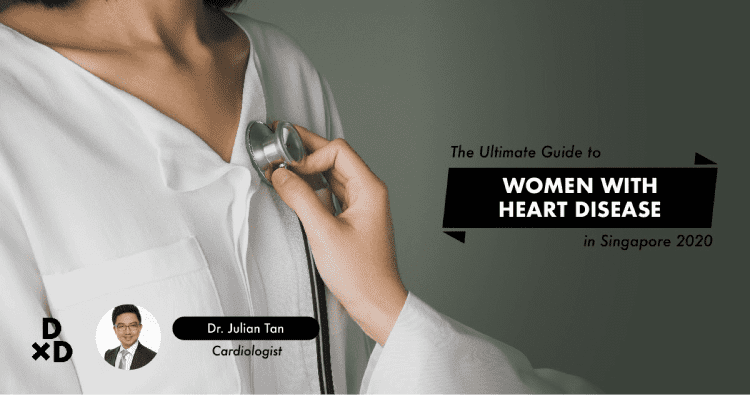An introductory note to low sex drive
Humans, as sexual creatures, have an innate desire for sexual pleasure. Sexual wellness and a satisfying sexual life are important to the overall quality of life, and it’s completely normal to feel distressed over an unusually low sex drive. Let’s explore some of the causes and possible ways to get your desire for sex back up again.
What is a low sex drive?
Reduced sex drive is also known as loss of libido. It is a common problem that can affect many men and women at some point in life. [1]
Low libido could be linked to relationship problems, stress or fatigue. However, it may also be a result of an underlying medical problem such as reduced hormone levels. [1]
Generally, sexual desire is higher in men than in women, mainly due to the hormone testosterone produced by men. That being said, libido tends to gradually decrease as a man ages. [2]

What are the symptoms of a low sex drive?
Low sex drive occurs when you have fewer sexual thoughts and fantasies, as well as less interest and engagement in sexual activity. Sexual stimulation by sight, words or touch would fail to provoke interest. Still, those with low libido often retain the capacity for sexual function.[3]
While it is normal for sexual interest to wane intermittently, they can pose problems in your relationship. Sex is an important and intimate aspect of a relationship, so low libido can lead to distress and may put a strain on your relationship. Low libido may also be a sign of serious medical conditions, so seeing a doctor about it may be a good idea.[4]
What causes a low sex drive?
Medical factors
- Pregnancy, giving birth and breastfeeding
Losing interest in sex is common during pregnancy, after giving birth and while breastfeeding. The reasons for this are:[1]
- Changes in your hormone levels: some patients find that their sex drive nosedives during the first and third trimesters due to hormonal changes triggered by pregnancy.[5]
- Issues with body image
- Exhaustion
- Painful sex caused by an injury like a cut or tear that happened during childbirth
- Different priorities like looking after the baby

- Underlying health problems
There might be physical or emotional strain caused by long-term medical conditions, or it may be a side effect of treatments.[1]
Low libido may be associated with:[1]
Heart disease
Diabetes
An underactive thyroid: the thyroid gland produces too little hormones
Cancer
Major surgery: this may include surgical removal of ovaries (oophorectomy) or the womb (hysterectomy) in women.
Erectile dysfunction in men
Medicine and contraception
Some medicines that can reduce libido include:[1]
Medicine for high blood pressure
Antidepressants such as Selective Serotonin Reuptake Inhibitors (SSRIs) [5]
Antipsychotics such as haloperidol
Medicine for seizures (fits) such as topiramate
Medicine for enlarged prostate such as finasteride
Medicine for prostate cancer such as cyproterone
Hormonal contraceptives such as the combined hormonal contraception pill, patch or ring, the progesterone-only pill, the contraceptive implant, and the contraceptive injection
Always check the information booklet that comes along with your medicine to check if low libido is a potential side effect. You may also want to check with your doctor to see if you can replace your medicine if it is negatively affecting your sex drive.[1]
- Depression
In other cases, mental health could be the underlying issue. Depression is a serious illness that may interfere with all aspects of your life, including your sex life and relationship with your partner.[1]
While low libido can be a sign of depression, other signs include:[1]
- Feelings of extreme sadness that won’t go away
- Feeling low and hopeless
- Losing interest or pleasure in activities you previously enjoyed

- Alcohol and drugs
Excessive alcohol consumption over a long period of time or drug abuse can reduce your sex drive. It is advised that men and women limit their alcohol consumption to not more than 14 alcohol units a week.[1]
- Age and menopause
Not everyone will experience a reduced sex drive as they age, but it may be something many men and women experience as they grow older. The reasons for this include:[1]
Lower levels of sex hormones (oestrogen and testosterone) before, during and after menopause in women
Lower levels of sex hormone (testosterone) in men
Age-related health problems including mobility difficulties
Side effects of medication
Hypoactive Sexual Desire Disorder (HSDD)
Some men and women may suffer from HSDD, which is characterised by the absence of sexual thoughts or lack of receptivity to sexual activity.
Personal factors
- Relationship problems
This may be a result of feeling dissatisfied with your relationship due to any doubts or worries you may have.[1]
Low libido can be the result of:[1]
- Being in a long-term relationship that causes you to be overly familiar with your partner
- Loss of sexual attraction
- Conflict and arguments with your partner
- Poor communication
- Trust issues with your partner
- Physical sexual problems
A general practitioner (GP) may be able to refer you and your partner for relationship counselling should your problems persist.[1]
- Stress, anxiety and exhaustion
Stress, anxiety and exhaustion might have a major impact on your happiness and sex drive. A long day at work may leave you feeling irritable and worn out.
When you are persistently feeling stressed, it can affect your hormone levels. Prolonged stress will cause a release of cortisol which can suppress testosterone and other hormones that cause sex to lose its appeal.[5]
How is a low sex drive diagnosed?
Doctors will first obtain a focused history of the patient regarding menstrual, obstetric, reproductive and sexual histories. They will also want the status of your current relationship and sexual activity, history of sexual trauma or abuse, medical and surgical history as well as illicit drug use.
Besides medication, it would be good to provide them with information regarding any health supplements you are taking.[6]
For testosterone deficiency, some topics doctors may ask regarding your health history include:[7]
- Headaches, visual field changes: for possible symptoms of brain mass such as a pituitary tumour
- How you developed at puberty
- History of head trauma
- Cranial (head) surgery or cranial irradiation
- Anosmia: partial or complete loss of smell
- History of infection in testicles for men
- Mumps after puberty
- The past or present use of anabolic steroids
- Use of opiates
- Use of glucocorticoids: in medicines such as cortisone which is used to treat inflammation
The Brief Sexual Symptom checklist is a tool that may be useful to determine your satisfaction with your sexual function.[6]
Patients undergo a complete examination that can involve the following:
- Pelvic examination (women): to detect evidence of low hormone levels, infection, hypo- or hypertonicity of pelvic floor muscles, adhesions and tenderness.[6]
- Blood pressure and peripheral pulse measurements
- Body Mass Index (BMI): for obesity
- Blood tests: to check levels of oestrogen, progesterone, testosterone, and dehydroepiandrosterone (DHEA, a precursor to sex hormones)

What are the treatments for a low sex drive?
- Testosterone supplementation
If you are suffering from low testosterone levels, testosterone supplementation through testosterone replacement therapy may be an option given in the form of a patch or gel applied to the skin or an injection.[4]
- Change of medicine
If a drug appears to be the cause of the low testosterone levels, your doctor may want to change your drug.[4]
- Counselling
If the cause is psychological, then various psychotherapies such as behavioural therapies may help. Counselling for couples can help to address any relationship issues you may have with your partner. Counselling can also help men and women understand the impact of stress on physical and emotional wellbeing.[4]
Are there any side effects to the treatments?
There are no major adverse side effects to testosterone supplementation, but there are some possible side effects such as:[8]
- Polycythemia vera (PV)
This is a rare blood disease in which the body produces too many red blood cells that make your blood thicker and flow less easily.[9] This more commonly occurs in men taking higher doses.[8]
- Virilisation
This can include alopecia (hair falling out in patches), hirsutism (growth of dark coarse hair on the face, chest and back), acne in the development of male physical characteristics in both men and women.
Can supplements improve low sex drive?
There are many prohormone nutritional supplements that claim they can help in low libido by boosting testosterone production in the body, but research thus far has shown that these supplements do not produce either anabolic or ergogenic effects.
However, it has been shown that D-aspartic acid can induce the enhancement of luteinizing hormone and testosterone release by the pituitary gland.[10] Similarly, vitamin D is associated with higher levels of androgens.[11]
Just to be safe, always consult healthcare professionals before you self-medicate. Otherwise, going to the doctor to get a prescribed treatment would be a much better approach.

Summary
Sexual health is very important and integral to life. Many people will experience issues with their sex drive and it is nothing to be ashamed of, so don’t be embarrassed about seeking help.
Advice from your doctor can be the first step in resolving your sex drive problems and the right treatment could help boost your sexual contentment and perhaps even improve your relationship with your partner. Find more comprehensive guides on various sexual health related issues here.










